1. Ginger Tea
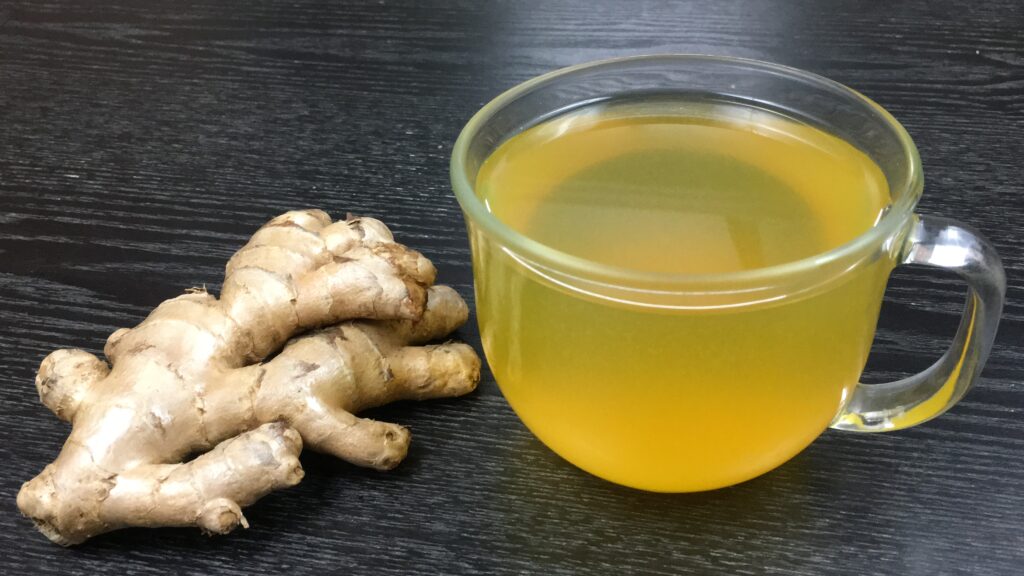
Ginger has natural anti-inflammatory properties that can help reduce the severity of headaches. Brew a fresh cup of ginger tea by boiling slices of ginger root in water for 10 minutes. Sip slowly for relief from both tension headaches and migraines.
2. Peppermint Oil
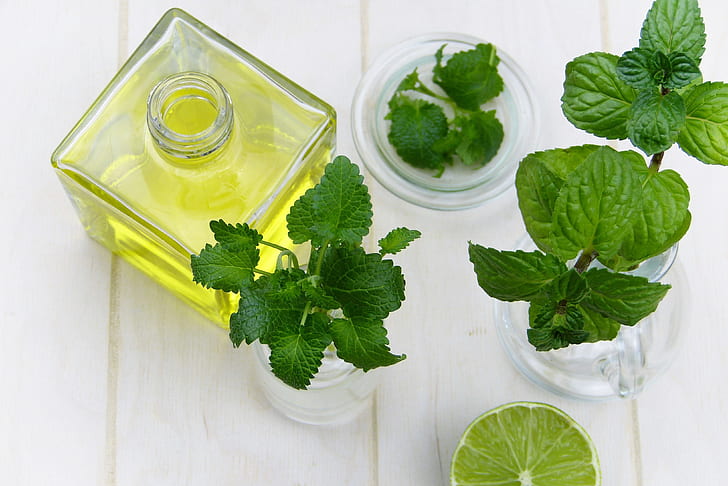
The cooling properties of peppermint oil can relax tense muscles and improve circulation. Apply a few drops to your temples or mix with a carrier oil and massage onto your neck and shoulders. The refreshing scent also helps reduce stress-induced headaches.
3. Magnesium Supplements
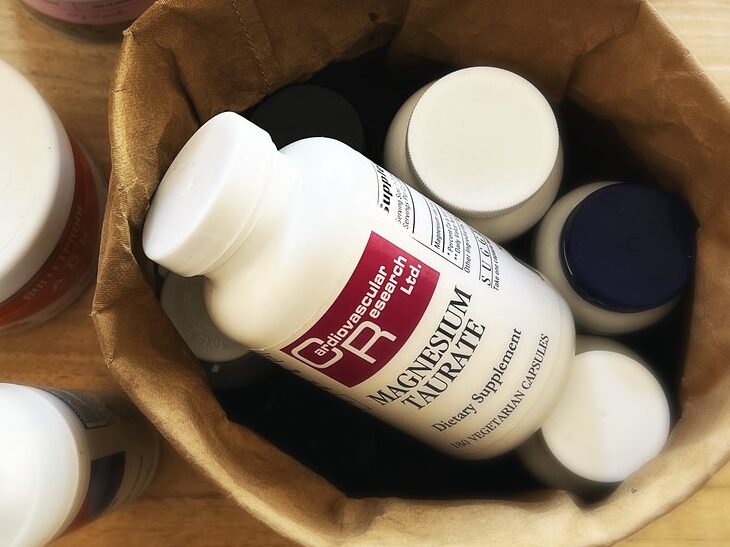
Magnesium deficiency is linked to frequent migraines. Taking magnesium supplements or eating magnesium-rich foods like almonds, spinach, and avocados can help. Consult your doctor before starting any new supplements.
4. Cold Compress

Applying a cold compress to your forehead or neck can numb the pain and reduce inflammation. Use a cold pack wrapped in a towel for 15-minute intervals. It’s especially effective for throbbing headaches caused by migraines.
5. Hydration

Dehydration is a common trigger for headaches. Drinking water or electrolyte-replenishing drinks can quickly relieve symptoms. Make a habit of staying hydrated throughout the day to prevent future headaches.
6. Lavender Essential Oil
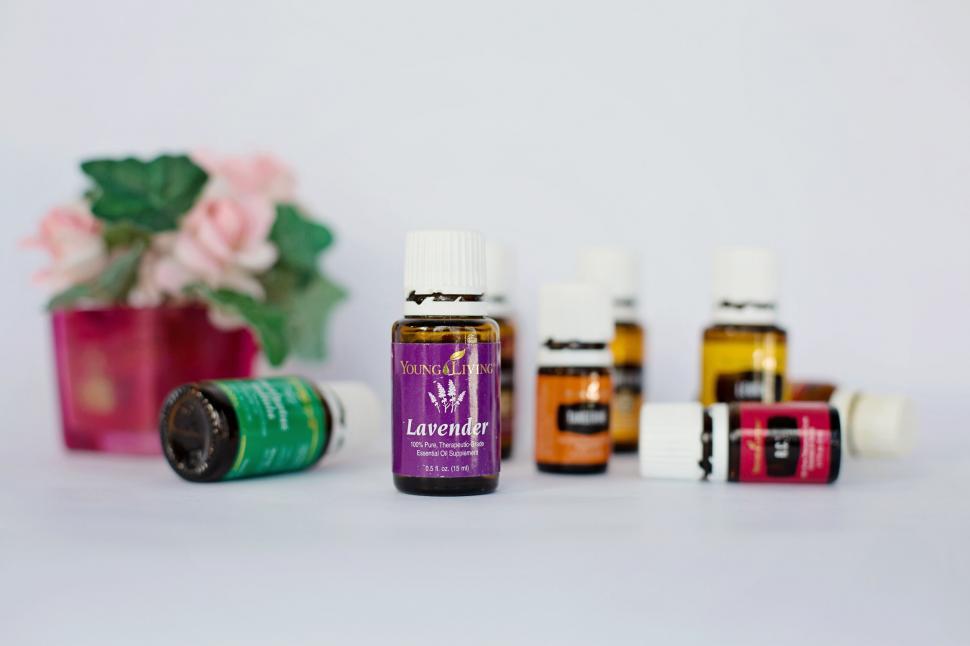
Lavender oil is known for its calming effects and can help soothe headaches. Inhale the scent directly from the bottle or diffuse it in your room. For added relief, dilute it with a carrier oil and massage into your temples.
7. Caffeine

In small doses, caffeine can reduce headache symptoms by improving blood flow. Sip a cup of coffee or tea, but avoid overdoing it, as too much caffeine can cause withdrawal headaches. Moderation is key to harnessing its benefits.
8. Yoga and Stretching

Tension headaches often result from poor posture or muscle strain. Practicing gentle yoga poses or stretches can relax tight muscles and increase blood circulation. Focus on neck and shoulder stretches to alleviate pressure.
9. Apple Cider Vinegar

Apple cider vinegar is a natural detoxifier that can help with headache relief. Mix a tablespoon with a glass of warm water and a teaspoon of honey, and drink slowly. This remedy is particularly effective for sinus-related headaches.
10. Acupressure

Acupressure involves applying gentle pressure to specific points on the body to relieve pain. Massaging the area between your thumb and forefinger for a few minutes can ease tension headaches. This technique is safe and easy to try at home.
11. Warm Compress
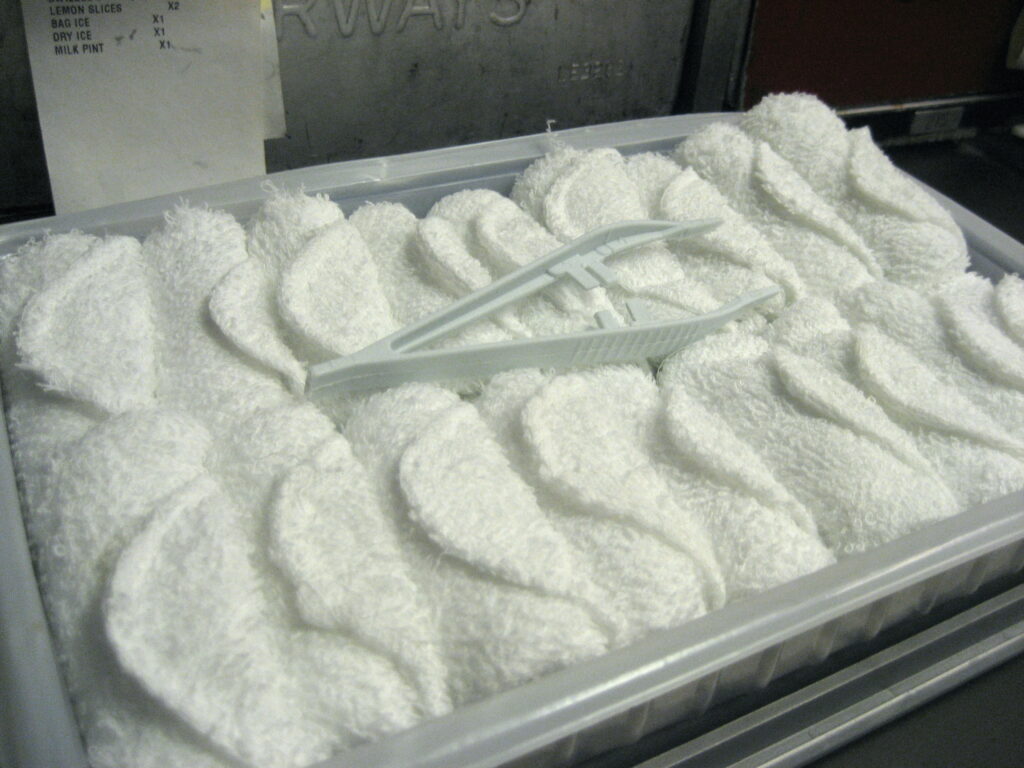
A warm compress can relax tense muscles and improve blood flow, especially for tension headaches. Place a warm cloth or heating pad on your neck and shoulders. It’s a soothing remedy that’s ideal before bedtime.
12. Herbal Teas

Teas made from herbs like chamomile, peppermint, or feverfew can reduce headache symptoms. These teas have natural calming effects that help relax the mind and body. Sip slowly while resting in a quiet space for the best results.
13. Dark and Quiet Environment

Bright lights and loud noises can worsen headaches, especially migraines. Resting in a dark, quiet room can help you recover faster. Block out distractions with blackout curtains or an eye mask for maximum relief.
14. Dietary Adjustments

Certain foods like aged cheese, processed meats, and alcohol can trigger headaches. Keeping a food diary can help identify your triggers and prevent future episodes. Opt for a balanced diet rich in fresh fruits, vegetables, and whole grains to support overall health.
